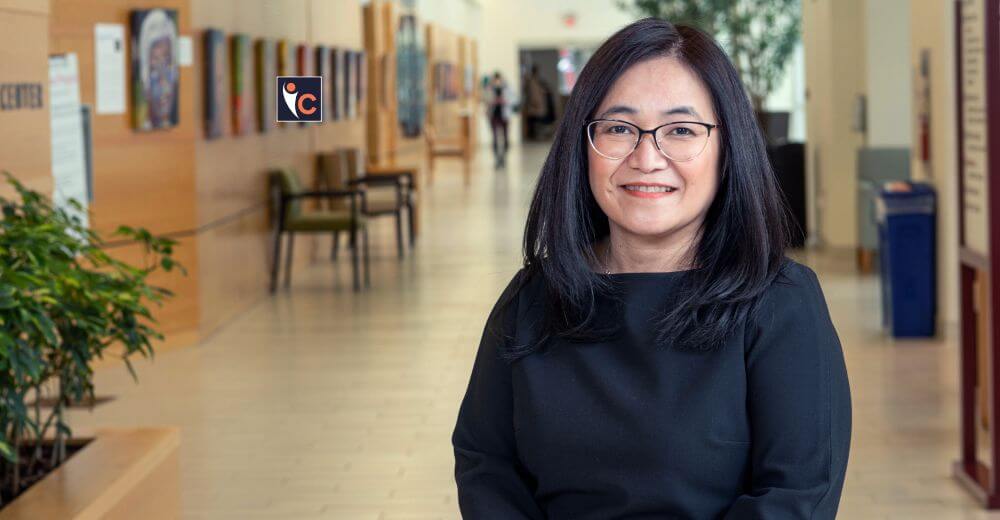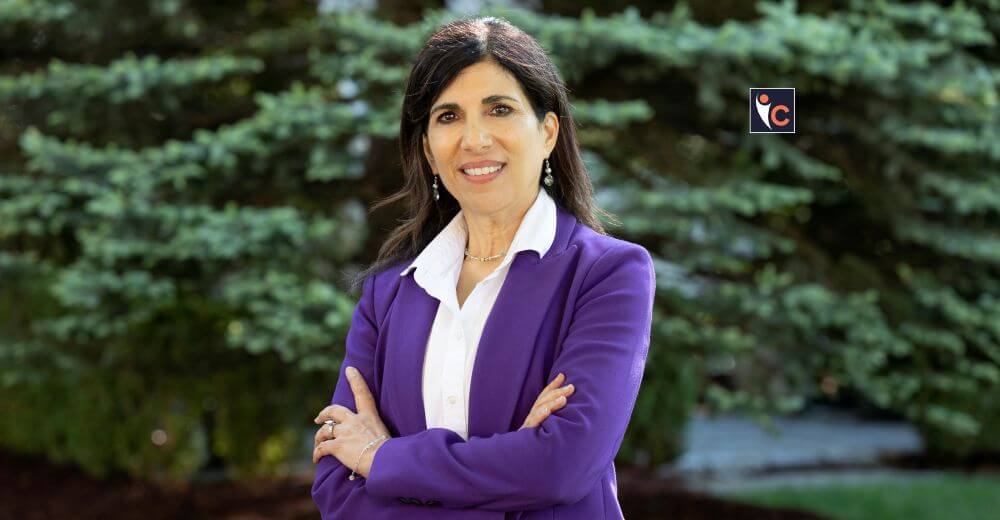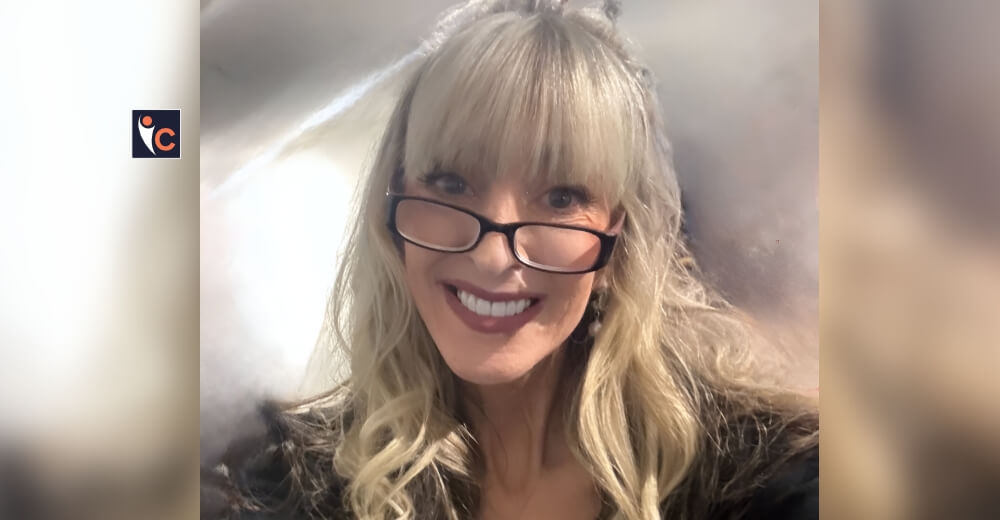It was April 7th, 2020, when I remember my Physics Professor emailing students not to come to class for the following week because the COVID-19 pandemic had become a serious threat to public health. I had been burning the midnight oil for four months of sending in college applications, and I couldn’t believe my eyes that my life was being shifted to completing my high school education at home.
At first, I was relieved. I was very tired during my senior year from completing seemingly endless assignments. Moreover, taking exams in person was exhausting after the burnout from writing college applications. Fast forward eight months: my mental health took a hit during my first semester of college.
I had never really attended the high school homecomings or prom because I never really liked them; I was so academic-focused, I knew that I would receive my moment at graduation… until I didn’t. I was in the graduating class of 2020, where I had my laptop open, sat on my bed, wore my graduation cap over Zoom, and threw it up in the air as it hit the ceiling and came back down. That’s how I’ll remember my allegedly “most memorable” high school moment.
Even though I didn’t have the greatest high school graduation experience, I knew it was important for me to stay at home through the pandemic to help reduce COVID-19 cases and make the lives of frontline healthcare workers easier. I felt like I could catch up on sleep that I had missed out on in those four years of high school. The summer was somewhat joyful because that was the most amount of rest I have had in my life, but it was equally, if not more, disheartening to see families lose their loved ones from the virus.
As I was heading into my first year of college, administrators removed the “first-year dorm policy”, so I ended up taking my engineering classes virtually while living from home. In the process of doing so, it was the first day of school – August 24th, 2020. I was exploring the new portal my university used for students to look up their assignments and schedule. I had clicked the Zoom link for chemistry class only to see the face of my professor. No students.
My professor then proceeded to explain that class would be conducted as a webinar “to fit the class size” and that we wouldn’t be receiving access to recorded lectures because we had “to imagine what class would be like in person, that we would need to absorb the knowledge in one go.” On top of this, we couldn’t ask questions in class directly, and we would have to email our questions to the professor.
Right off the bat, I was concerned about how I was going to pass this college class with so many restrictions in place. We had to “imagine normality” when life wasn’t normal at the time. From this experience onwards, many other college classes I had taken were a lot more lenient than this one, but if one thing became clear to me at this time, it was that teachers needed to be better about prioritizing mental health, and as it currently stands, the administrators/professors appear to be making no effort to do so.
Educators need to teach the basic foundation for students. We were exhausted by “tricky methods” from our teachers trying to catch attendance over the screen through iclickers and also from sitting in one room for hours, completing our assignments.
After the pandemic, there are many lessons to take away from the education space. When school was to be attended in person, students always discussed how they should just “pass” the class instead of actually learning the content.
Educators need to understand that giving us 20+ hours of homework each week only causes mental strain and anxiety for us to rush and complete the assignments rather than learning the material with depth.
Students need to explore the subject to gain a passion for the subject and while investing their own time into understanding the content, completing the homework, and taking the exams. Keep in mind the general college student takes five courses in a semester. That will be 100 hours of coursework weekly if the teachers follow the 20-hour rule, which, unfortunately, most college professors do.
Honestly speaking, many students skipped classes over the pandemic to take out time for themselves and watched recorded lectures at their leisure. If educators continue to assign students homework with long hours, they should at least incorporate free time for students to rest or work on their own passion projects.
Providing students time for self-care will bring them to be more engaged within the course material if they are relaxed. I can remember the countless times where I was drawn away from the course and the professor because I had lost sleep and felt more irritated, spent numerous hours on assignments, or simply was not given any time for self-care.
Another learning moment for teachers: checking in weekly or monthly will help you understand the current difficulties of what your students are undergoing, and it will also help you tweak your curriculum for the success of your next class.
Year after year, professors lecture students to learn time management. While students have been time-managing their course workload, education is reformed each year, especially as the technology gets more advanced, and in turn, coursework and knowledge required to succeed only get harder.
This is all supposed to set students to the standards of current technological advancements and modernized life routines, but what is life if we spend 100% of our time on work? What about the college experience – going to football games, falling in love, hanging out with friends? This seems to be nonexistent in my engineering degree as it currently stands in a post-COVID era.
On top of this, students who typically had faced bullying and anxiety in person had immensely decreased over the pandemic. Students had the option to turn their cameras on/off and also had limited chatting abilities. Moving forward, educators must also consider how they will recognize this bullying and anxiety for a healthy and safe space for all students in the classroom.
About The Author
Jeeva Senthilnathan is a 19-year-old undergraduate student currently pursuing Mechanical Engineering at Colorado School of Mines. She pursued a dual enrollment option, now holding an associate degree from Arapahoe Community College and her high school diploma from Colorado Early Colleges Parker.
During the 2020 presidential election, she was chosen to be a DNC Delegate for Senator Bernie Sanders from Colorado’s 4th Congressional District and had the opportunity to work on policies surrounding Medicare For All with the national committee.
Jeeva has also received multiple recognitions, from becoming a 2021 Global Teen Leader from Nile Rodger’s We Are Family Foundation, a 2021 Diana Awardee from Princess Diana in the UK, and a 2020 Presidential Volunteer Service Awardee.
She was also a former candidate for the Parker Town Council in Douglas County, Colorado, and has been thus far one of the youngest Indian-American women to have run for office in the United States.















